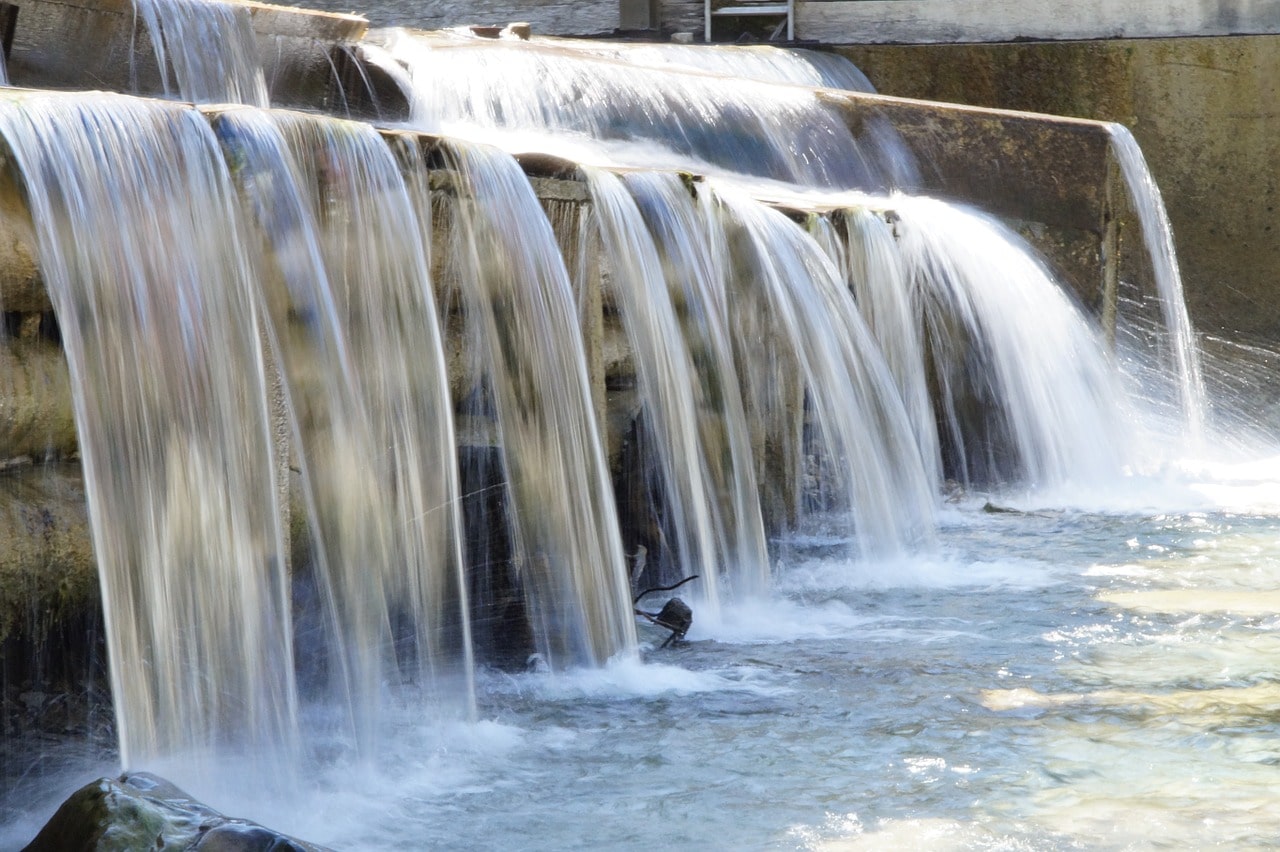Water is one of the most valuable substances on the planet since it possesses a number of characteristics that are wholly unique to it. Only water can be found in all three states: liquid, solid, and gas. No other substance has this property.
Cohesion and adhesion are two of the most distinctive characteristics of water, both of which are caused by the hydrogen bonds that exist between water molecules. The property of water called cohesion leads it to adhere very well to itself, while the property of water called adhesion causes it to adhere very well to other substances.
When water comes into contact with particular surfaces, like as glass, the adhesive forces are stronger than the cohesive forces, which causes the water to spread out in the form of a thin film rather than adhering together in the shape of a ball.
Because the molecules that make up the water’s surface are not surrounded by other molecules that are identical to them on all sides, they are susceptible to being pulled only by the cohesion of other molecules that are located deep within the water. This results in a high amount of surface tension. Because these molecules attach to each other so firmly but to other mediums so weakly, the surface tension in the water will cause spherical beads to form on surfaces such as waxed automobiles or leaves. This is because these molecules cohere to each other so strongly. Surface tension is also the cause of capillary action, which is the process by which plants absorb water into their tissues.
Ice is formed when water freezes because of the hydrogen bonds that are present in water. Ice is less dense than water, which allows it to float when it is in its liquid state. At temperatures below its freezing point, water molecules arrange themselves in crystalline forms, which reduces the substance’s density. These same hydrogen bonds are linked to water’s thermal properties. It takes 4.2 joules of energy per gramme of water to get the temperature of water up by just one degree Celsius, indicating that water has an exceptionally high specific heat capacity.
It is because of the high heat of vaporisation that the oceans take such a long time to warm up, and this is about the only thing that is now contributing to the slow pace of climate change. Without this, our oceans would have become much hotter much faster, and we would already be suffering from significantly more severe water shortages than we are at the present time.
Finally, water is known as the universal solvent, which indicates that it is capable of dissolving a wide variety of hydrophilic substances. Hydrophilic substances are those that have cohesive forces that are comparable to or even stronger than those of water, and they include things like salt and sugar. Hydrophobic refers to properties of substances like oil that prevent them from dissolving in water.
Living-Water is the place to go in London to either rent or buy water dispensers and water coolers.






